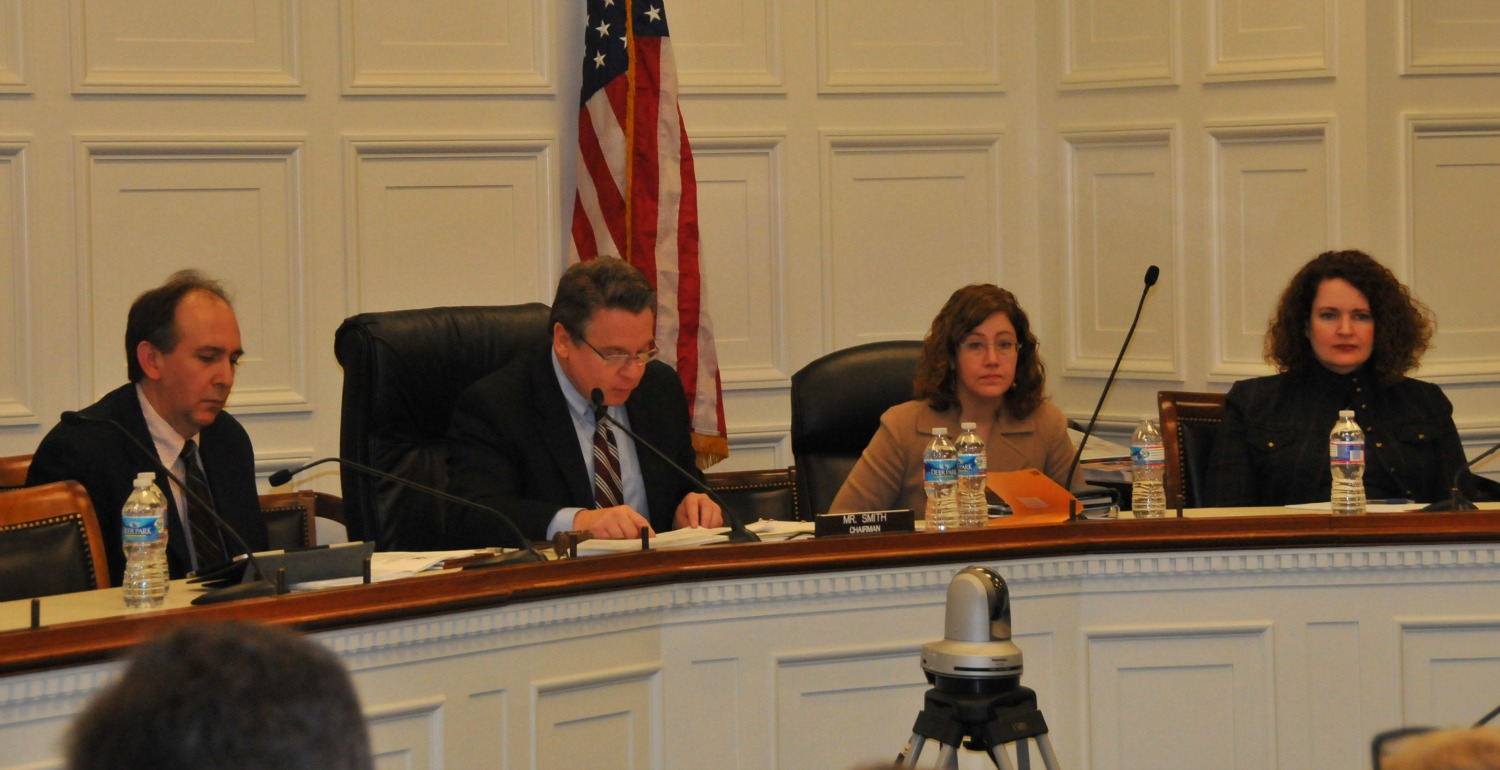This hearing focused on the discrimination, exclusion, and persecution faced by the Roma people in Europe. Witnesses discussed the E.U. countries’ various national strategies for Roma integration and their effectiveness. The witnesses also provided recommendations for the Commissioners on how to support European countries’ integration efforts on the government-to-government level.
Members
Relevant Countries

Hamas’ Hostages, Putin’s Prisoners, and Freeing Inte...
Oct 25, 2023The practice of seizing hostages and political prisoners, as well as actively terrorizing civilians is a constant displayed by Hamas in Israel and Russia’s war against Ukraine. To highlight issues […]

Helsinki Commission Advances Human Rights, Demands f...
Oct 19, 2023By Shannon Simrell, Senior Policy Advisor Between October 2-13, 11 Helsinki Commission staff joined approximately 1,400 representatives of OSCE participating States (pS) and civil society representatives in Warsaw, Poland in […]
HEARING: RESCUING UKRAINIAN CHILDREN AND WOMEN FROM ...
Jul 19, 2023Wednesday, July 26, 2023 10:00 a.m. to 11:30 a.m. Rayburn House Building room 2200 Streaming here: https://www.youtube.com/watch?v=_n-NyI5xjt8 Russia’s war has exposed the critical need for U.S. and international action to […]

Protecting Ukrainian Refugees from Human Trafficking
Apr 07, 2023More than 4 million refugees have fled Ukraine since Russia’s massive invasion on February 24, in the largest migration of people in Europe since the Second World War. Given Ukraine’s […]
Helsinki Commission Deeply Concerned Over Latest Ele...
Jul 27, 2022WASHINGTON—Helsinki Commission Chairman Sen. Ben Cardin (MD) and Co-Chairman Rep. Steve Cohen (TN-09) today expressed deep concern about an effort by the international community’s High Representative in Bosnia to impose […]

Behind Enemy Lines
Jul 20, 2022As Russia’s genocidal war against Ukraine continues, Ukrainians in occupied territories are demonstrating courageous resistance in the face of atrocities, deprivation, and forced displacement, the scope and scale of which […]
Helsinki Commission Hearing to Highlight Life in Ukr...
Jul 15, 2022WASHINGTON—The Commission on Security and Cooperation in Europe, also known as the Helsinki Commission, today announced the following hearing: BEHIND ENEMY LINES Life in Ukraine’s Newly Occupied Territories Wednesday, July […]
Cardin, Wicker Recognition of Romani Americans Clear...
Jun 10, 2022WASHINGTON—Helsinki Commission Chairman Sen. Ben Cardin (MD) and Ranking Member Sen. Roger Wicker (MS) lauded unanimous passage in the Senate Foreign Relations Committee Thursday of S. Res.124, the first official […]
Supporting Ukrainian Refugees
May 25, 2022More than 6 million Ukrainians have had to flee their country due to Russia’s brutal war of aggression. Most have entered bordering EU states, with more than half of those […]
Support for Ukrainian Refugees to Be Discussed at He...
May 20, 2022WASHINGTON—The Commission on Security and Cooperation in Europe, also known as the Helsinki Commission, today announced the following hearing: SUPPORTING UKRAINIAN REFUGEES U.S. Policy and Visa Issuance Wednesday, May 25, […]


